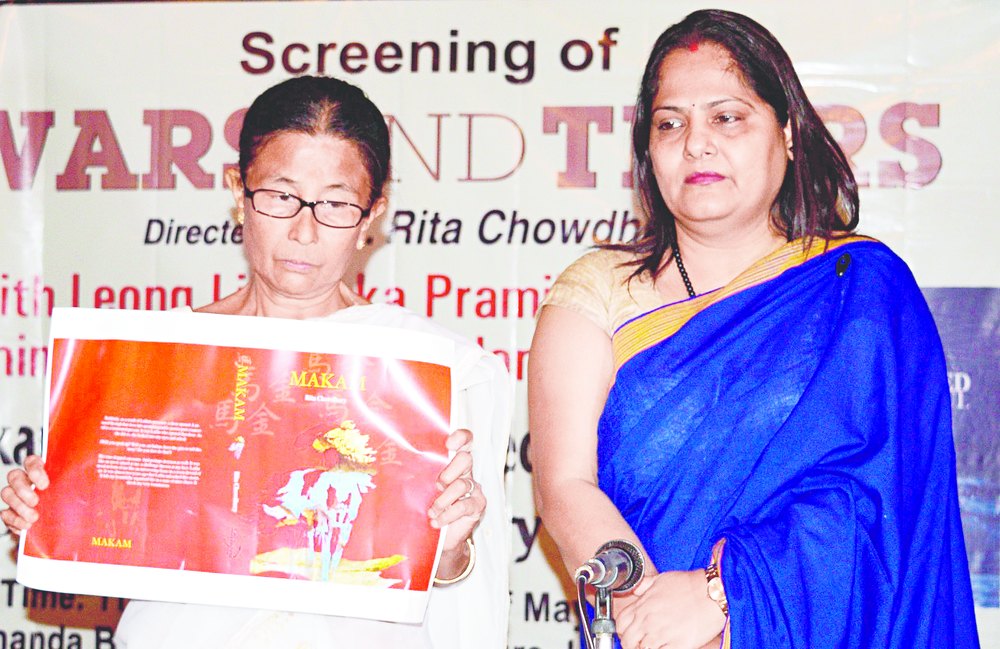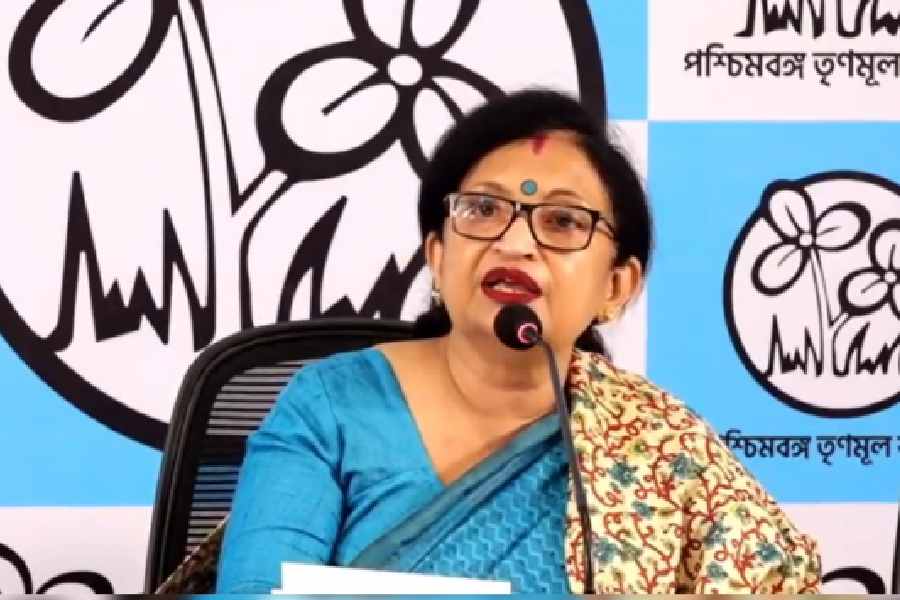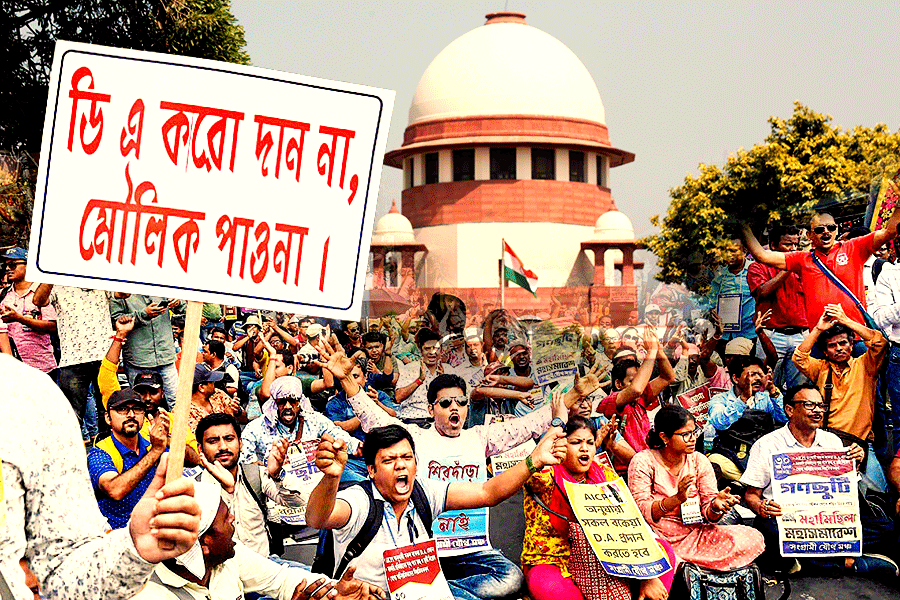
Guwahati, May 19: All Pramila Das remembers is that she was six years old when police detained her Chinese-origin father Liong Kokhoi, mother Chanu and two brothers and took them from Tinsukia district in Upper Assam to a detention camp at Deoli in Rajasthan as soon as the 1962 India-China war broke out.
While her entire family was later repatriated to China, she was the only one left behind as she was at her grandmother's house at Borjanbasti, about 2km away from their house, that fateful day.
"It was night when I was informed about their detention. Next morning, when I reached Bahadur Chariali railway station with my maternal uncle, their train had already left. I cried the entire day and returned to my grandmother's house, hoping they would return soon. But I got no information about them till 15 years ago when I received a letter from my father saying they were taken to China in a ship along with many Chinese-origin people from India," Pramila, named Lyong Linchi by her father, told The Telegraph here today.
"My father is now 90. I don't know how long my parents will survive. I want to see them once but how can a poor woman like me visit China? If the government helps me, I want to take my son, daughter and three grandchildren to see my ailing parents," Pramila, who carried a cover file containing about 30 letters and photographs from her parents, said, her eyes moist.
Pramila, who was here today to release the English edition of Makam, a novel by Guwahati-based Rita Choudhury, had visited New Delhi on May 12 with the writer's help to submit a memorandum to Union home minister Rajnath Singh seeking help to visit her ailing parents in China.
Singh had released the English edition of Makam, which highlights the agony of Chinese people and their descendents living in Assam, in New Delhi.
The Union home minister has also released The Divided Soul, a coffee table book, and Wars and Tears, a documentary, highlighting the plight of Chinese-origin Assamese and their family members.
Choudhury, a Sahitya Akademi awardee, has also submitted a memorandum to Singh, requesting measures to provide political and social security to Chinese-origin Indians living in "silence, fear and insecurity" in our country.
"Most of the Chinese people living in India were brought during the British rule. There was also voluntary migration of Chinese people to Assam and Bengal. With time, they got married to Assamese girls, lost their language and assimilated into Assamese society. But the detention and repatriation of many Chinese-origin people during the 1962 war created a sense of fear and insecurity among those left behind in Assam. Families were broken, husbands were separated from wives, and children from their parents like Pramila. I hope the Centre will stand by Indian citizens of Chinese origin who became victims of war between the two countries," Choudhury said.
Pramila's father was among the many Chinese who were brought to Assam by the East India Company in the early 19th century as indentured labourers for tea cultivation.
Her mother belongs to the indigenous Lushai tribe, most of whom are settled in Mizoram. A sizeable number of them are found in Upper Assam too.
While Pramila has not met her parents and two brothers for 53 years, she has not even seen her five siblings who were born after her parents were repatriated to China.
Her wish to reunite with her parents deepened when she spoke to them over phone a few years ago. Pramila, who had to drop out of school after her parents' detention, is married to Simon Das, now a retired driver in Kehung tea estate in Tinsukia district. Her son, John, is a driver in the same garden while her daughter Elina lives in Uttar Pradesh with her husband and two children.










